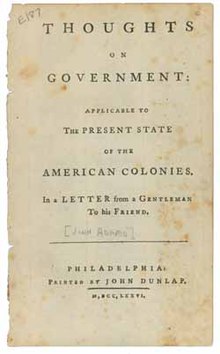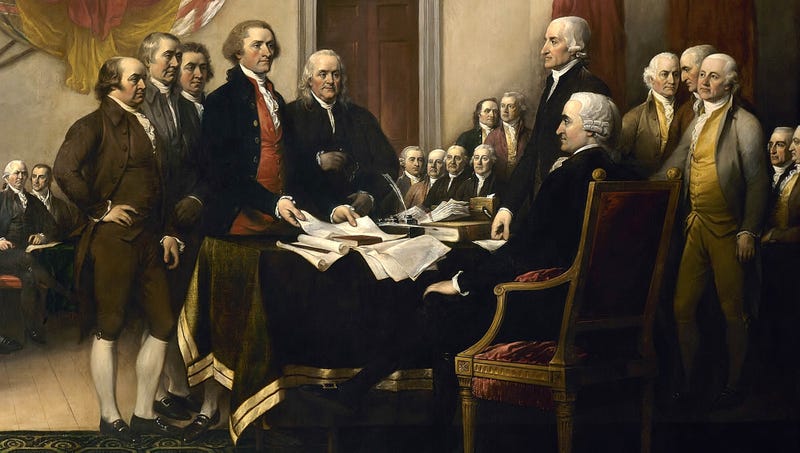I have been writing a series of articles about the proposed charter revision for Groton, Connecticut. This article gives a good understanding to start from if you are not familiar with the issue.
There are three crucial loopholes in the proposed charter for Groton, CT, which are exacerbated by the increase of their term from two years to four.
- The Town Council can effectively ignore the referendum results
- Mill rates are set after the budget is approved
- Emergency allocations without check
The voters hold the final authority through the budget referendum... or do they.
What happens if the voters fail the budget? In the new proposed charter...
9.12.6 Should either budget fail to be approved by a majority of those voting thereon, the Council shall, within seven days after a failed referendum, recommend a revised budget for each rejected budget, which may be less or greater than the failed budget, as the Council shall deem appropriate based on the results of the referendum.
But what happens if the budget fails three times?
9.12.6.6 Interim Budget and Fixing the Tax Rate In case a Budget is not approved by June 30, the budget submitted by the Town Council per Section 9.10.3 shall be utilized as an interim budget until a new Budget is approved by referendum. Within three (3) business days after an interim budget is approved goes in to effect, the Town Council will set a mill rate that shall be sufficient, with the income from other sources, to meet the estimated expenses of the Town for the next fiscal year.
If the Town Council puts up a budget in May, and it fails, it can put up the same budget in June. When it fails, it can return the same budget to the voters a third time to be voted down a third time.
It is now June 30th, the original budget which has failed in referendum three times now becomes the "interim budget," and the Town Council sets mill rates based on it. At this point, the Town Council can simply keep sending out the same budget every two weeks until either it becomes the next year or the voters give up an accept it.
The check on this is that the Town Council can be voted out in the next election... except that the terms are now four years, so if they do this early in their term, it is likely it will be long lost to memory when an election finally comes around, meaning there is really no check at all.
The Mill Rate Is Set After the Referendum
The first thing that this means is that voters do not know what tax rate they are voting on. This is like buying a car knowing the sale price but not knowing your monthly payment. You're not paying $119,000,000, you're paying your share of taxes, but that's a mystery until the Town Council chooses it.
While there are guidelines to what they should do, they have quite a bit of latitude, which becomes important when you consider the power of Emergency Allocation, which was previously checked by the RTM, but will be checked by no one at all under the proposed revision.
Emergency Allocation Loophole
After the budget passes, the Town Council sets the mill rate. This means that, when the voters vote, they do not actually know what the budget will give them in terms of a tax rate. It also means that the Town Council could choose to add a small margin of safety into the mill rate to make sure it will cover all expected expenses. They could do something modest, say 1%. That's just prudent budgeting, right?
Oh, what's this?
9.15.2 The Council may make Emergency Appropriations not exceeding one-hundred thousand dollars ($100,000), by a vote of not less than seven (7) members of the Council, provided a public hearing, at which the public shall have an opportunity to be heard, shall be held prior to making such appropriations. The notice shall be made in accordance with Section 9.19. Such hearing and notice of hearing may be waived if the Council by an affirmative vote of not less than eight (8) of its members, shall decide that a delay in making the Emergency Appropriation would jeopardize the lives, health, or property of citizens.
 |
| Seven Councilors will have the power to determine any emergency and act on it... unless it's over $100,000. Then we're just out of luck. |
Under the present system, all such transfers must be approved by the RTM, requiring accountability and giving a check in which the transfer could be prevented.
Under the proposed charter, items that could not get approved in the referendum approved budget, could be slipped back in as "emergencies," and there's no one who can stop them.
On the other hand, let's also hope there's never a real emergency that requires more than $100,000, because there's no provision for doing so.
Who's Empowered?
In summary, the Town Council, which now has 4 year terms, has the ability to force a budget around referendum objections, and gets to set the mill rate after the budget is passed.
This Charter Revision definitely empowers someone, but it's not the voters. So, if you're planning to vote Yes on this revision because you think it will empower you as a voter, you may find yourself somewhat disappointed.









